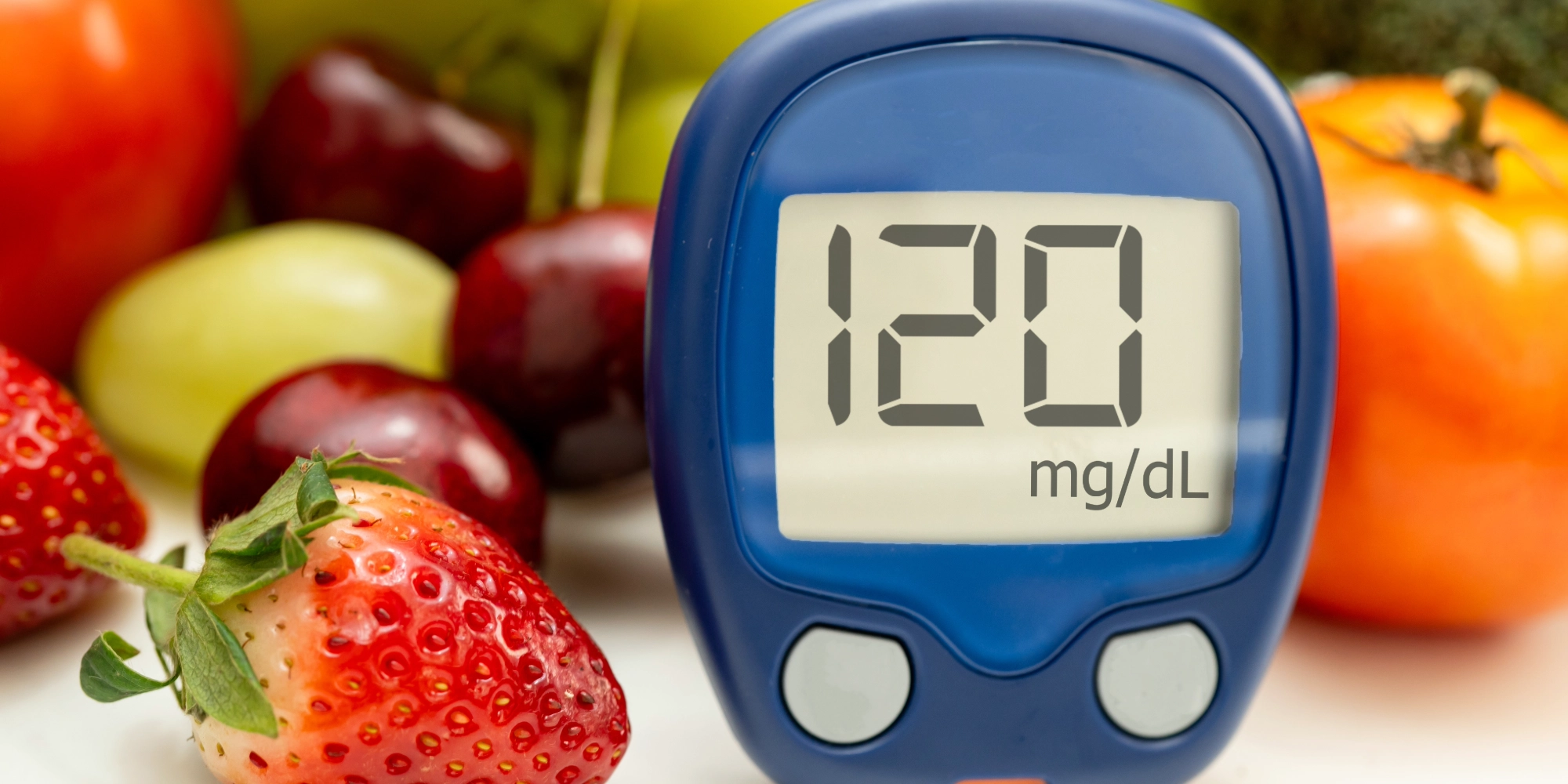
Managing High Cholesterol
Your Guide to a Healthier Heart and Better Everyday Living
Cholesterol often gets a bad reputation, but the truth is—your body needs some cholesterol to function. The key is maintaining healthy levels. If your cholesterol is too high, it can build up in your arteries and increase your risk for heart disease, stroke, and other serious conditions.
The good news? High cholesterol is manageable. At Good Neighbors Family Pharmacy, we’re here to help you take control of your numbers and protect your heart—one step at a time.
What Is Cholesterol?
Cholesterol is a waxy substance your body uses to build cells and produce hormones. It travels through your bloodstream in two main forms:
- LDL (Low-Density Lipoprotein) – Often called “bad” cholesterol. Too much can lead to plaque buildup in your arteries.
- HDL (High-Density Lipoprotein) – Known as “good” cholesterol. It helps remove excess cholesterol from your bloodstream.
High cholesterol usually has no symptoms, so many people don’t know they have it until a routine blood test (lipid panel) reveals it.
Why Cholesterol Levels Matter
Too much LDL cholesterol in your blood can lead to atherosclerosis—a buildup of plaque in your arteries that reduces or blocks blood flow. Over time, this increases your risk of:
- Heart attack
- Stroke
- Peripheral artery disease
- High blood pressure
Managing your cholesterol now can help you avoid serious health problems down the line.
Understanding Your Numbers
Here are general guidelines for healthy cholesterol levels:
- Total Cholesterol: Less than 200 mg/dL
- LDL (Bad Cholesterol): Less than 100 mg/dL
- HDL (Good Cholesterol): 40 mg/dL or higher for men, 50 mg/dL or higher for women
- Triglycerides: Less than 150 mg/dL
Your personal targets may vary based on your overall health. We can help you understand your lab results and what they mean.
Everyday Management Tips
Eat for Heart Health
- Choose foods high in fiber like oats, beans, lentils, and vegetables.
- Eat healthy fats: olive oil, avocados, nuts, and fatty fish.
- Limit saturated fats found in red meat, butter, and full-fat dairy.
- Avoid trans fats (often in processed snacks and baked goods).
- Reduce added sugar and refined carbs.
Stay Physically Active
- Aim for at least 150 minutes of moderate aerobic activity per week.
- Walking, biking, and swimming are great heart-friendly options.
- Even short bursts of movement add up.
Quit Smoking
- Smoking lowers HDL (“good”) cholesterol and damages your blood vessels.
- We offer tools and support to help you quit for good.
Manage Stress and Sleep
- Chronic stress and poor sleep can impact cholesterol levels and overall heart health.
- Consider deep breathing, stretching, or mindfulness routines.
Take Your Medications as Prescribed
- If your provider recommends a statin or another cholesterol-lowering medication, it’s important to take it consistently.
- Talk to us about side effects—we’re here to help you stay on track.
How We Can Help at Good Neighbors
You don’t have to manage high cholesterol alone. We offer pharmacy support that makes it easier to stick to your treatment plan and feel your best.
Medication Counseling
We’ll explain how your cholesterol medication works and what to expect. Have questions about side effects? Just ask.
Free Medication Delivery
Never miss a dose. We’ll bring your prescriptions right to your home.
Medication Synchronization
Pick up all your medications once a month—less time managing refills, more time focusing on your health.
Refill Reminders and Text Alerts
Stay on schedule with helpful alerts when it’s time to reorder your medication.
Lifestyle Support
Looking to improve your diet, activity level, or quit smoking? We’ll connect you with tools, resources, and encouragement tailored to your goals.
Frequently Asked Questions
Can I lower cholesterol without medication?
In some cases, yes—through lifestyle changes like a heart-healthy diet, exercise, and weight loss. However, many people still need medication to reach safe levels.
What foods raise cholesterol the most?
Foods high in saturated fat (like fatty cuts of meat, full-fat cheese, butter) and trans fats (like fried foods or packaged baked goods) are major contributors.
Are statins safe?
Statins are widely studied and generally safe for most people. Side effects are possible, but many are manageable. Let us know if you have concerns—we’ll help you find answers.
How often should I have my cholesterol checked?
Most adults should have their cholesterol checked every 4–6 years. If you have risk factors or a history of high cholesterol, more frequent monitoring may be recommended.
Free Tools & Resources
- Heart-Healthy Grocery List
https://www.heart.org/en/-/media/Healthy-Living-Files/Heart-Check-files/RD-Toolkits/Sample-Grocery-List.pdf?sc_lang=en - What Does My LDL Cholesterol Number Mean?
https://www.heart.org/-/media/Files/Health-Topics/Cholesterol/What-does-LDL-mean.pdf?sc_lang=en - Learn About Statins
https://www.mayoclinic.org/diseases-conditions/high-blood-cholesterol/in-depth/statin-side-effects/art-20046013
You’re Not Alone
Managing cholesterol doesn’t have to be complicated or overwhelming. Small, steady changes—combined with support and the right treatment—can make a big difference in how you feel and how you live.
At Good Neighbors Family Pharmacy, we’re ready to support your heart-health journey with encouragement, education, and personalized care.
Need More Help?
Our pharmacists are always here to answer your questions and provide personalized support. Feel free to reach out or visit us in person.
Phone: (419) 496-4455
Email: info@gnfpharmacy.com
Address: 625 E Manhattan Blvd, Toledo, OH 43608
